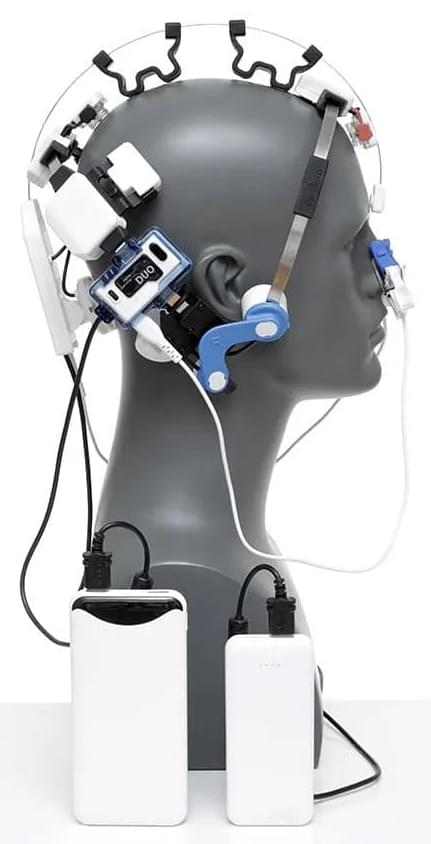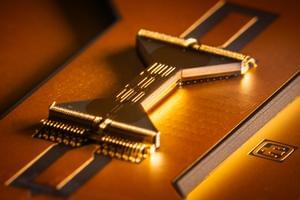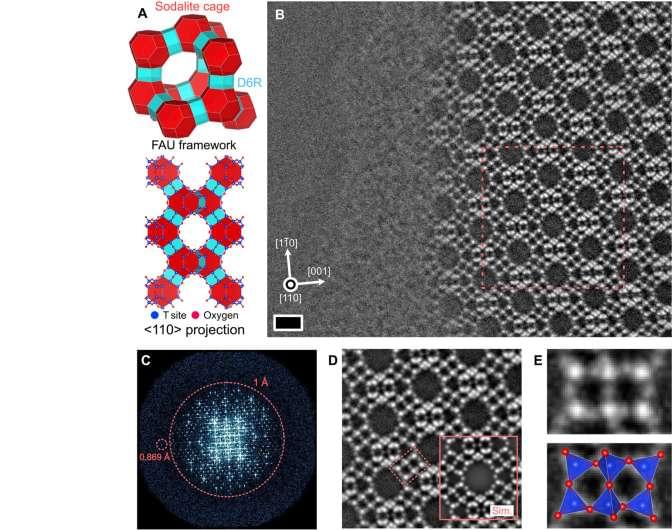Aug 24, 2023
Researchers Manipulating Time Cause First-Ever Successful Photon Collisions
Posted by Dan Breeden in categories: computing, engineering
Researchers have successfully forced electromagnetic (EM) waves that usually pass right through each other to collide head-on by manipulating time, made possible with the unique properties of metamaterials.
Inspired by the concept of using macro-scale waves like tsunamis or earthquakes to cancel each other out, the manipulation of time interfaces to cause these photons to collide instead of pass through each other could open up a wide range of engineering applications, including advances in telecommunications, optical computing, and even energy harvesting.
Is Using One Wave to Cancel Another Wave Possible?


















